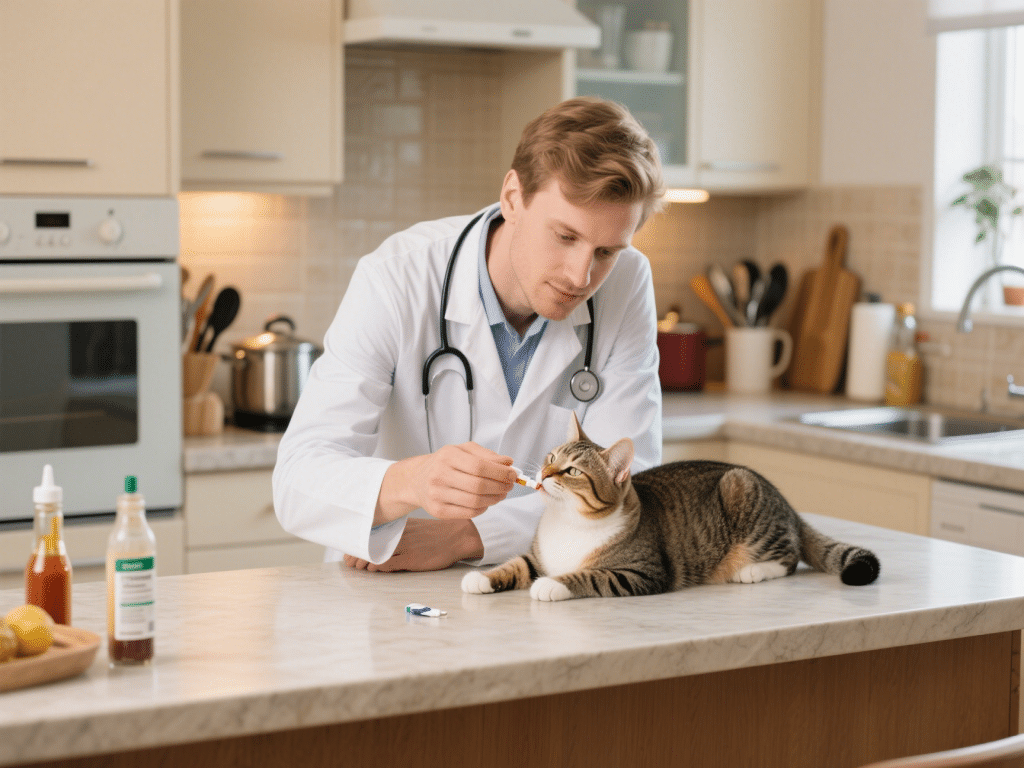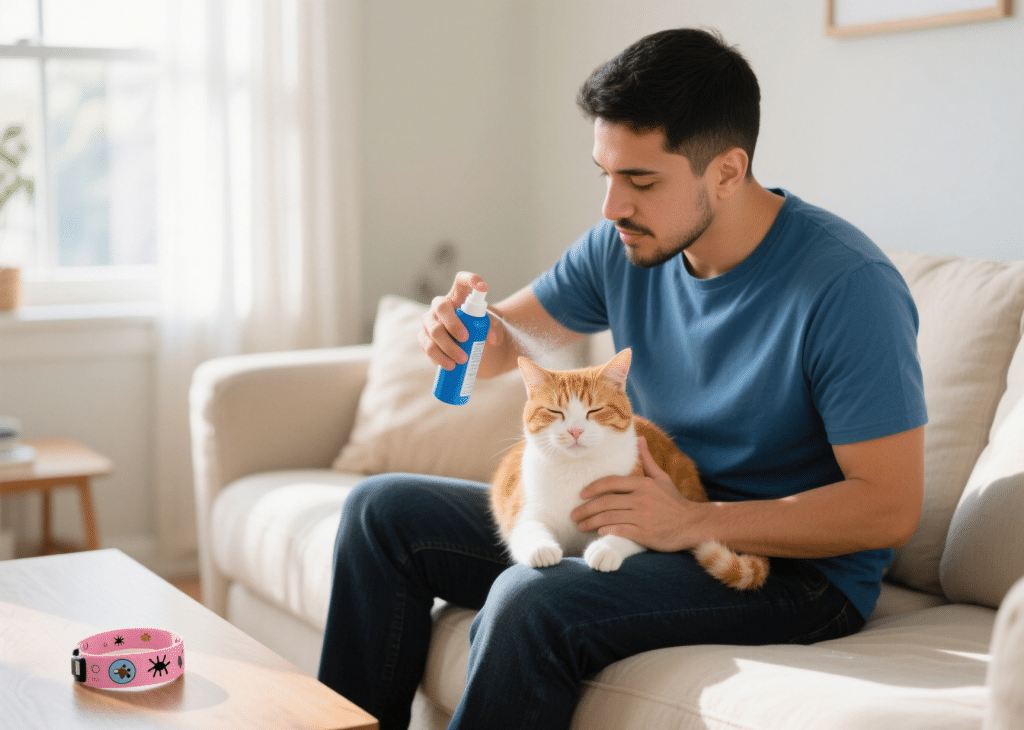How to Tell If Your Cat Has Worms: Five Warning Signs to Watch For
How to Tell If Your Cat Has Worms: Five Warning Signs to Watch For
Internal parasites pose a hidden threat to your cat’s health. Early detection is key to effective treatment and preventing complications. This guide outlines five common warning signs that may indicate your cat has worms, along with recommended next steps and preventive measures.
1. Visible Worms or Segments
You might notice small, white, rice-like segments around your cat’s anus or in their feces. These are often tapeworm segments and are a clear indicator of infestation. Handle with care and consult your veterinarian for confirmation.
2. Pot-Bellied or Swollen Abdomen
A rounded or distended belly, especially in kittens, can signal the presence of roundworms. This sign may be subtle, so observe your cat from the side to compare their silhouette over time.
3. Weight Loss Despite a Healthy Appetite
If your cat is eating normally but still losing weight, parasites may be consuming nutrients, leaving your cat malnourished. Regular weight checks can help detect this issue early.
4. Diarrhea or Loose Stools
Worm infestations often cause gastrointestinal upset, leading to diarrhea or irregular feces. Persistent changes in stool consistency warrant a fecal examination by your veterinarian.
5. Dull Coat, Itchy Skin, or Lethargy
Parasites can sap your cat’s vitality, resulting in a lackluster coat, excessive grooming, and reduced activity levels. Monitor grooming habits and energy to catch early warning signs.
Recommended Next Steps
If you observe any of these warning signs, take the following actions to protect your cat:
· • Schedule a veterinary appointment for a fecal flotation test.
· • Administer vet-prescribed deworming medication as directed.
· • Follow up with a second treatment dose if recommended.
· • Maintain regular deworming schedule every 3–6 months.
· • Implement flea control, since fleas can transmit tapeworms.
Conclusion
Vigilant observation and routine veterinary care are essential to keeping your cat parasite-free. By recognizing these five warning signs early, you can initiate timely treatment and ensure your feline friend stays healthy and happy.
*Disclaimer: This article is for informational purposes only and should not replace professional veterinary advice.*
Explore Dogs

Why Is My Cat Drooling After Deworming? Causes and Solutions
IntroductionDrooling (ptyalism) in cats after deworming is alarming for owners. While mild drooling ...
Read More
Top Safe Deworming Methods for Indoor Cats: Effective Parasite Prevention
IntroductionIndoor cats are often perceived as less susceptible to parasites, but they can still con...
Read More
Seasonal Deworming Strategy: Fleas in Summer, Roundworms in Winter
Why Seasonality Matters in Parasite ControlTemperature and humidity fluctuations dramatically influe...
Read More
Best-Tasting Dewormers for Cats: A Flavor Guide for Fussy Felines
Why Flavor Matters in Feline DewormingCats detect bitterness 100x more intensely than humans due to ...
Read More
Why Deworming Sometimes Fails: Mistakes, Resistance, and Fixes
Why Deworming Sometimes Fails: Mistakes, Resistance, and FixesDeworming, a cornerstone of animal hea...
Read More
Bayer Drontal, Revolution, Frontline: Which Dewormer Is Right for Your Cat?
Bayer Drontal, Revolution, Frontline: Which Dewormer Is Right for Your Cat?Choosing the right deworm...
Read More
Can You Bathe a Cat Before or After Deworming? Timing and Best Practices
Title: Can You Bathe a Cat Before or After Deworming? Timing and Best PracticesIntroductionBath...
Read More
Deworming Cats Externally: Spot-On Treatments vs Collars vs Sprays
Deworming Cats Externally: Spot-On Treatments vs Collars vs SpraysIntroductionExternal parasites suc...
Read More
Top 5 Cat Dewormers Compared: Vet-Approved Options for Internal and External Protection
Top 5 Cat Dewormers Compared: Vet-Approved Options for Internal and External ProtectionIntroductionI...
Read More